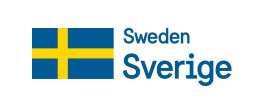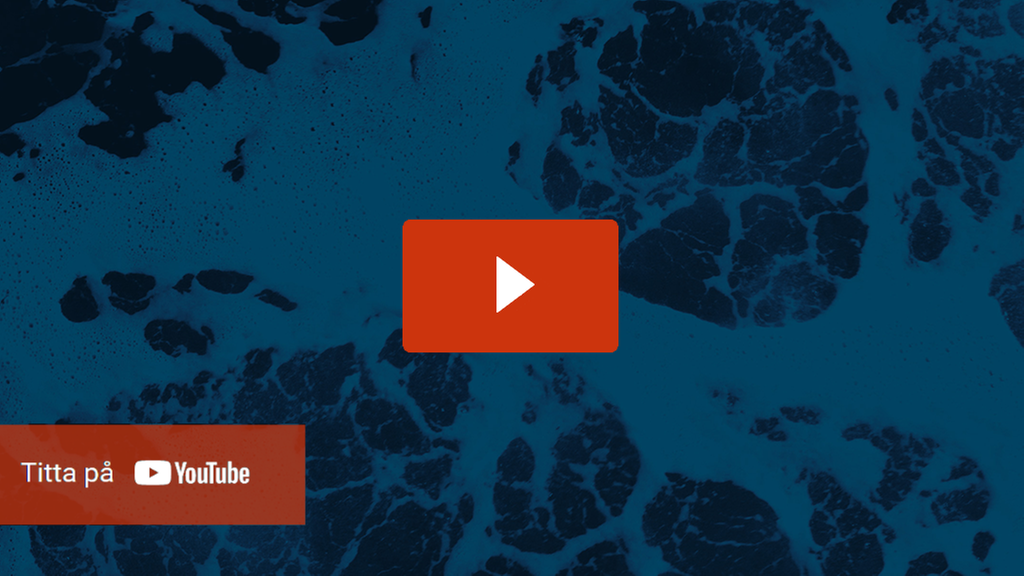Use, blue growth and fisheries
We support efforts to increase the economic benefits from a sustainable use of marine resources. We focus on small-scale fisheries and work on tenure and user rights, local blue growth, trade in fisheries services and biodiversity in areas beyond national jurisdiction. Transparency and participation make fair and good use possible.
Supporting local blue growth
We collect and provide knowledge on what key infrastructure and institutional factors need to be in place for local economic blue growth in developing countries, with a specific focus on the Western Indian Ocean region.
Revealing opportunities in the High Seas Treaty
The High Seas Treaty is key to protect the ocean outside of national jurisdiction. It tackles environmental degradation and prevent biodiversity loss in the high seas as well as promoting global equity and fairness in future use of marine genetic resources.
SwAM and the Nairobi Convention meet public officials working with marine management in the Western Indian Ocean to explore opportunities and future challenges for the Western Indian Ocean region at a webinar.
The High Seas Treaty was adopted mid 2023 at a United Nations meeting, and is known also as the Treaty of the High Seas, and the BBNJ Treaty, short for Biodiversity beyond national jurisdiction. The adoption marked the successful end of more than a decade of multilateral work. It will enter into force when 60 parties have ratified it.
Learn about the treaty
- News post Dialogue of the High Seas Treaty
- Background paper Biodiversity Beyond National Jurisdiction - BBNJ pdf, 203.7 kB., commissioned by SwAM and shared with webinar participants ahead of the webinar
- Info about the treaty in Swedish
Trade in fisheries services
We increase the knowledge in the role that trade in fisheries services play in value chains for blue food. Please contact us for information.
Benefits that make governments publish information on fisheries
We have commissioned a study which analyses the economic benefits of adhering to the FiTI Standard when it comes to eco-certification of fisheries. The purpose is to broaden the discussion about the benefits of transparency in the fisheries sector, in addition to democratic and sustainability values, to also include economic benefits.
Result from the study indicates that the two tools – certification of fisheries, and government transparency – reinforce one another in the struggle for sustainable fisheries. Increased government transparency in fisheries, in line with the FiTI standards, would most likely be beneficial for certification processes for seafood products.
According to the study, 94 percent of the interviewed and surveyed stakeholders view a more transparent fishing management body as beneficial for eco-certification initiatives. 70 percent of these stakeholders indicated that they consider the level of transparency of the management body when calculating the cost of the fisheries assessment process. The number of persons which were interviewed and participated in the online survey were small, but composed of experts with experiences of different parts of the eco-certification process.
- Get the report Benefits of government transparency in marine fisheries according to the FiTI standard for eco-certification of fisheries by Naunet fisheries Consultants.
We work in the Fisheries Transparency Initiative, FiTI
We are a board member of the Fisheries Transparency Initiative international board.
Their Transparency Briefs discusses global interest of transparency in fisheries.
We took part in developing the TAKING STOCK tool about online transparency of fisheries management information.
Read about the Fisheries Transparency Initiative FiTI, and why sustainable fisheries need transparency.
Strong ecosystems is a must for social and economic development
Humans need nature to survive. Strong, resilient ecosystems is a must for social and economic development. We work to increase the economic benefits from the sustainable use of marine resources.
Protection is one part of this.
Sustainable fisheries need transparency!
This work is part of our development cooperation programme SwAM Ocean – reducing poverty through sustainable use of the sea





